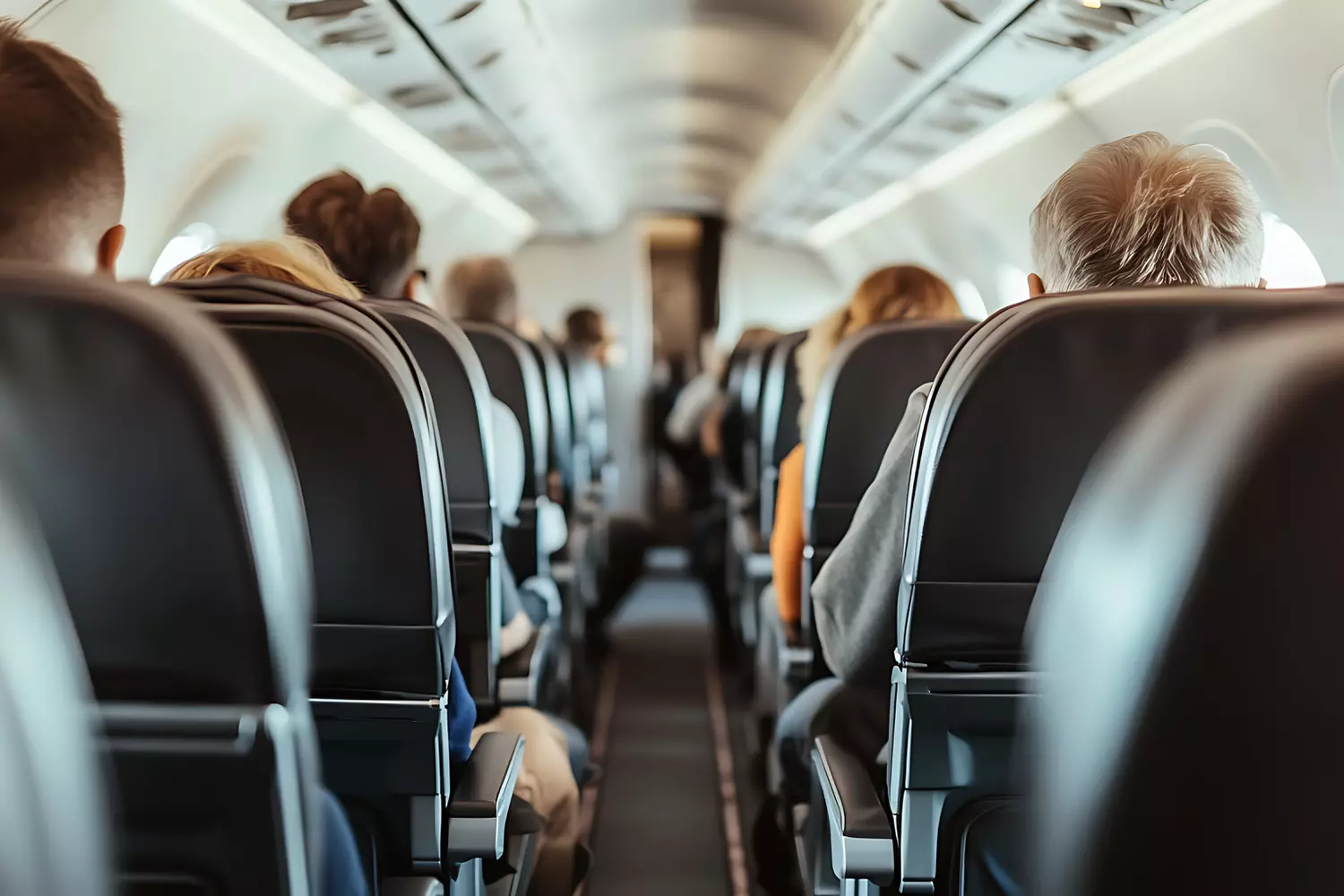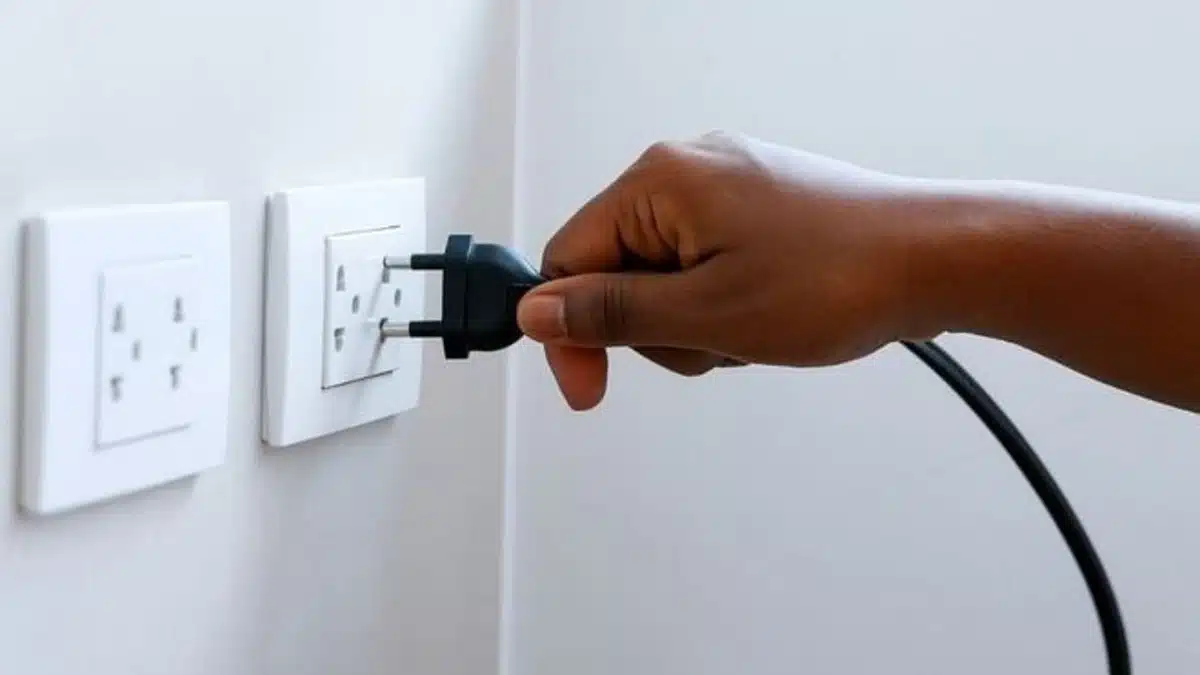Emirates Airlines has announced a significant policy change that will take effect from October 1st, 2025, fundamentally altering how passengers travel with their electronic devices. The Dubai-based carrier will prohibit the active use of portable power banks during flight operations, citing mounting safety concerns across the aviation industry. This decision impacts millions of travelers who rely on these devices to keep their smartphones, tablets, and other gadgets charged throughout long-haul journeys.
The timing of this announcement coincides with increased scrutiny of lithium-ion battery safety in aviation. Just as airlines have been warning passengers about specific luggage colors for safety reasons, Emirates has identified portable charging devices as a potential hazard requiring immediate regulatory action. This move positions the airline as a pioneer in addressing emerging safety challenges within commercial aviation.
Rising safety incidents prompt Emirates battery restriction policy
The airline’s official statement reveals a concerning trend in aviation safety statistics. Lithium-ion battery incidents have increased substantially across the global airline industry over recent years, directly correlating with the widespread adoption of portable charging devices among passengers. Emirates executives emphasized that this growing pattern of incidents necessitated immediate preventive measures to protect both passengers and crew members.
The primary concern centers around thermal runaway, a dangerous phenomenon that occurs when lithium-ion batteries become damaged, overcharged, or exposed to extreme conditions. This process creates an uncontrollable heating cycle that can rapidly escalate into fires, explosions, or the release of toxic gases within the aircraft cabin. Such incidents pose extraordinary risks in the confined environment of commercial aircraft, where emergency response options remain severely limited.
Aviation safety experts have documented numerous cases where portable battery devices have malfunctioned mid-flight, creating emergency situations that required immediate crew intervention. These incidents range from minor smoking devices to more serious cases involving flames and toxic fume release. The Federal Aviation Administration and international aviation authorities have been monitoring these trends closely, leading to stricter regulations worldwide.
New regulations for power bank usage and storage requirements
Under the new Emirates policy, passengers may still bring portable power banks aboard aircraft, but with significant restrictions. The devices must have a maximum capacity of 100 watt-hours and must remain completely powered off throughout the entire flight duration. This represents a dramatic shift from current practices where passengers frequently use these devices to charge their electronics during lengthy international flights.
The storage requirements are equally stringent. Power banks must be stored in easily accessible locations to ensure rapid response in case of malfunction. Specifically, these devices must be placed either under the passenger’s seat or in the seat pocket directly in front of them. Overhead compartments and checked baggage storage are strictly prohibited for these items under the new regulations.
Additionally, passengers cannot use aircraft power outlets to recharge their portable batteries during flight operations. This restriction eliminates the possibility of overcharging incidents that could trigger thermal runaway while the aircraft is airborne. The airline’s crew members will receive specialized training to identify violations of these policies and respond appropriately to battery-related emergencies.
Impact on passenger experience and travel convenience
This policy change significantly affects the travel experience for Emirates passengers, particularly those on long-haul international routes. The airline serves popular destinations including Thailand, Dubai, the Maldives, and South Africa, with flight times often exceeding ten hours. Passengers traditionally relied on portable chargers to maintain device functionality for entertainment, communication, and productivity throughout these extended journeys.
The restriction creates particular challenges for business travelers and digital nomads who depend on multiple electronic devices during flight time. Without the ability to recharge devices mid-flight, passengers must carefully manage their battery usage or risk arriving at their destination with depleted devices. This could impact everything from accessing boarding passes to maintaining communication with ground contacts.
However, Emirates emphasizes that the policy prioritizes passenger safety above convenience considerations. The airline’s reputation for exceptional service quality in areas such as in-flight entertainment, dining, and comfort amenities remains unchanged. Passengers can still access the airline’s extensive entertainment systems and power outlets for direct device charging, provided they don’t attempt to charge external battery packs.
Industry implications and future aviation safety measures
Emirates’ decision may signal broader changes across the aviation industry as other carriers evaluate similar safety measures. The policy establishes a precedent that could influence regulatory decisions by aviation authorities worldwide. Industry analysts predict that other major airlines may implement comparable restrictions as safety data continues to accumulate regarding lithium-ion battery incidents.
The announcement also highlights the evolving relationship between consumer technology and aviation safety protocols. As electronic devices become increasingly powerful and battery-dependent, airlines must balance passenger convenience with safety requirements. This challenge extends beyond power banks to include other electronic accessories and devices that utilize lithium-ion technology.
Interestingly, while airlines address complex safety issues like battery policies, passengers must also navigate other travel considerations. For instance, simple travel hacks like using toilet paper for mosquito protection become valuable for destinations where Emirates operates, particularly tropical locations where insect protection matters significantly.
The October 2025 implementation date provides passengers and travel industry stakeholders sufficient time to adapt to these new requirements. Emirates plans comprehensive communication campaigns to ensure passenger awareness and compliance with the updated policies.










